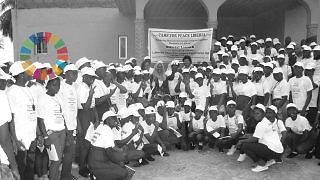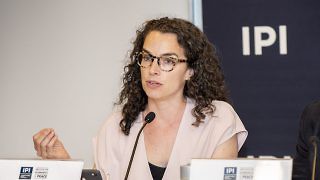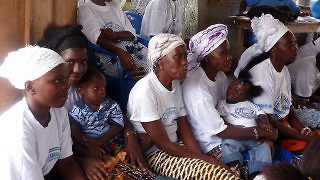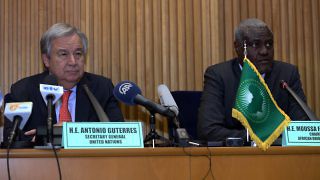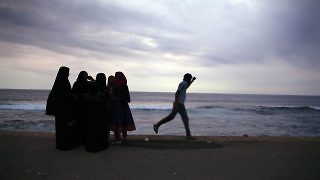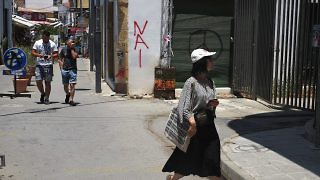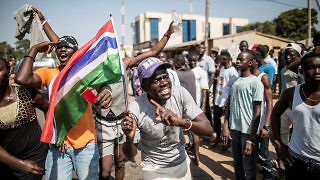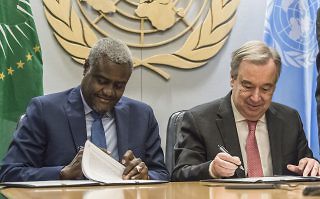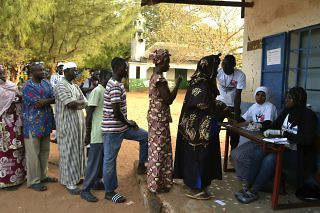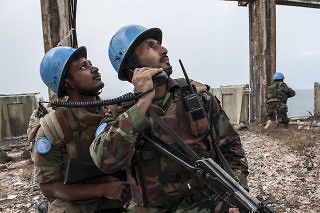As national actors prepare to report on progress at the 2019 HLPF, it is vital that all the work of actors at the local level towards building peaceful, just, and inclusive societies is examined and connected.
Author: Lesley Connolly
-
-
Susanna Campbell discusses her new book and how international peacebuilding organizations can learn from the experience of those in Burundi and implement and support more effective peacebuilding initiatives on the ground.
-
In the search for new approaches, community-led peacebuilding networks may have a key role to play.
-
At a moment where multilateral institutions for peace and security confront enormous responsibilities, a more effective partnership is in the interest of both organizations and African member states.
-
Nearly two years after the resolutions, questions remain as to whether discussions on sustaining peace are reaching beyond UN headquarters, and above all, how this new term resonates with local peacebuilders
-
To successfully implement the vision of sustaining peace, research and evidence on what works in peacebuilding and sustaining peace is still needed.
-
The Gambia’s fragile transition since national elections in January this year provide considerable room for studying and responding to the root causes of conflict by pursuing both peace and development in a holistic manner.
-
The appointment of a head and a deputy head of the AU’s newly formed Institutional Reforms Unit this month is an important step forward in increasing the organization’s effectiveness.
-
Both Burundi and The Gambia offer a chance to connect prevention to elections in particular, and to adapt new thinking around the role of prevention to build up democratic institutions and permit smooth, legitimate transfers of power.
-
Political transitions are typically a period of heightened risk of instability at the best of times, and the current downsizing to around 1,000 personnel could make it harder to ensure safety during the polls.

